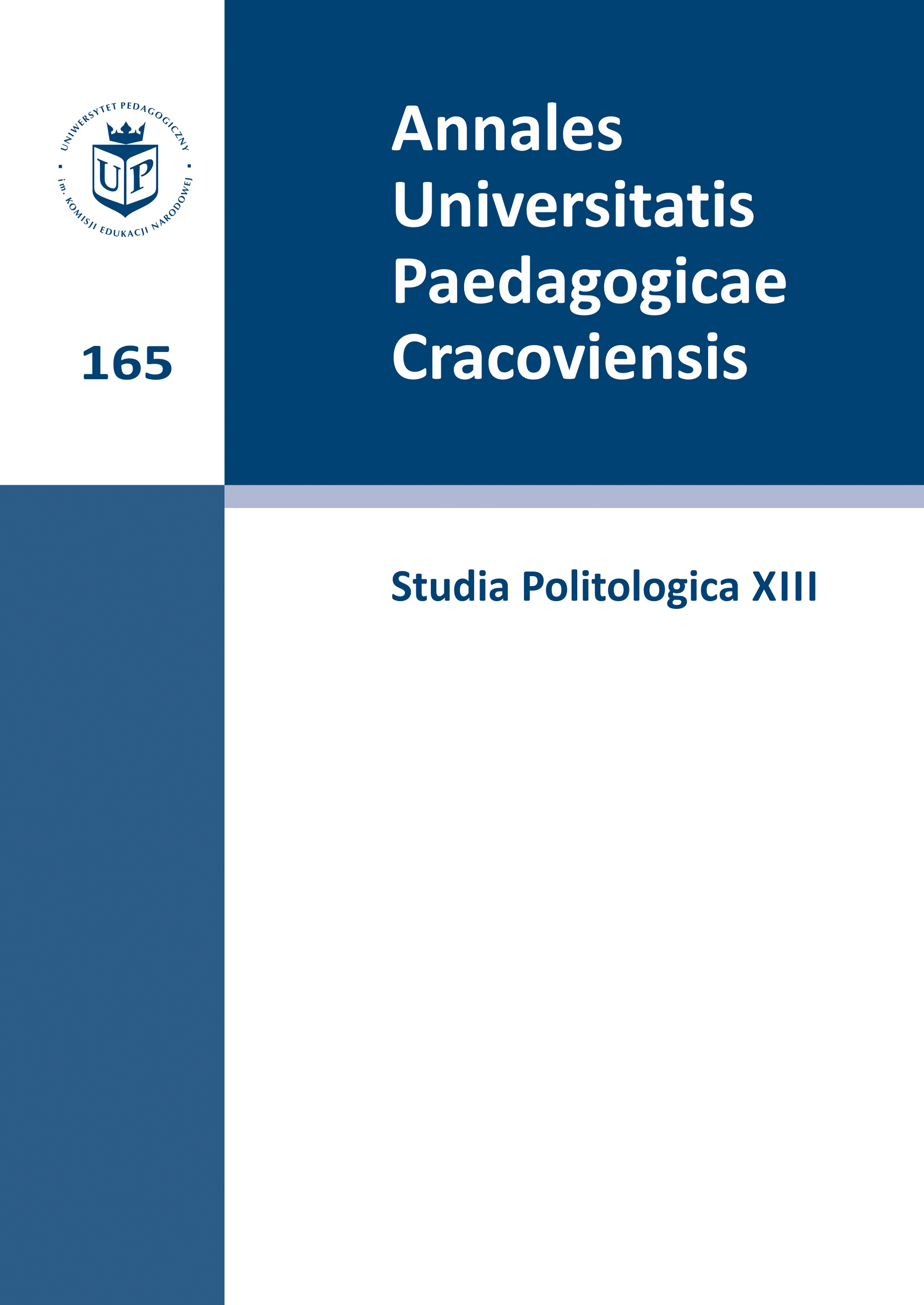Kategoria dobra wspólnego, jako podstawa dobrego państwa w refleksji polskich środowisk katolickich
Abstract
The common good is one of the most important contexts in social and humanistic sciences and also incredibly difficult ones to undoubtedly define. Throughout many centuries, the meaning of this concept has been filled with different definitions. It is also one of the most important concepts to be defined in the Catholic social teachings. Following the Catholic social thought, it also inspires the Catholic secular communities, which are trying to give it a specific meaning in a given socio-political reality. The aim of the article is to explain how the Catholic communities in Poland are defining the meaning of this concept, how different they are in their description, and if their description is compliant with the directions of the Catholic Church. It can be said, all Catholic communities in Poland agree in this, that the notion of common good is one of the most important ones in the life of societies. All Catholic streams indicate that the citizens should be mobilized to define and complete the goals of the community, they also encourage Catholics to actively participate in the public life for the sake of the common good. All the streams underline that the most important goal of the existence of political rule should be to take steps to „take wise care of the common good”. What they are different in, though, is the perception of the gist of this good, and especially the way of its identification. The „open” stream of Catholicism, the dominant approach towards common good is the constructivist one. In the Catholic stream generally called „closed” the common good is described in the absolutistic approach. The understanding of the common good by the Catholic communities in Poland, though not diametrically different, indicates that there is a difference between these communities, and also adds new threads to its characteristic.Downloads
Published
2015-08-03
Issue
Section
Scientific paper
License
Redakcja przyjmuje do druku teksty oryginalne, wcześniej niepublikowane. Treść czasopisma jest dostępna na licencji Creative Commons (CC-BY-NC-ND 3.0 PL)
Licencja ta zezwala na wykorzystanie materiałów opublikowanych w czasopiśmie w celach niekomercyjnych np. komentarza, krytyki, informacji, archiwizacji, nauczania lub prowadzenia badań, z poszanowaniem aktualnie obowiązującego prawa autorskiego (ustawa z dnia 4 lutego 1994 r. o prawie autorskim i prawach pokrewnych Dz.U. 1994 nr 24 poz. 83 z poźn. zm.). Zgodnie z wymogami licencji, konieczne jest dokładne podanie źródła cytowania lub parafrazowania oraz zachowanie tekstu w oryginalnej postaci (zakaz tworzenia utworów zależnych).

